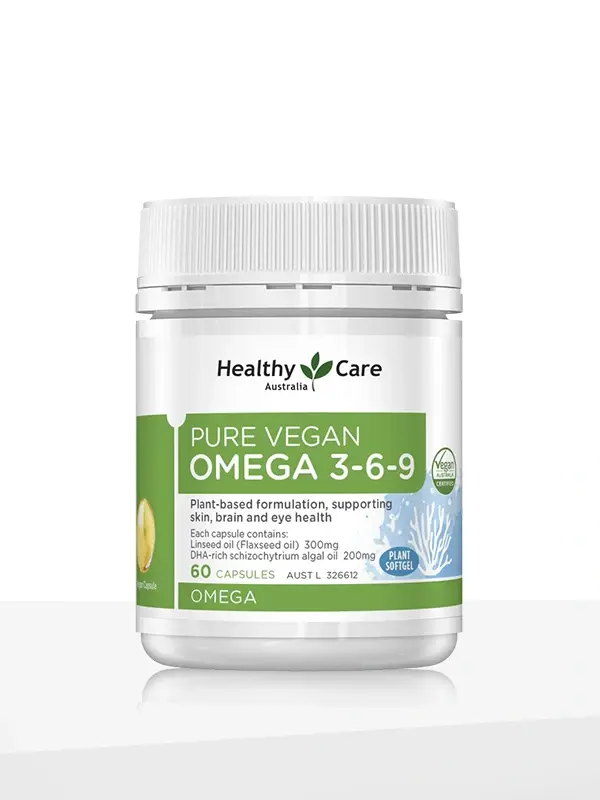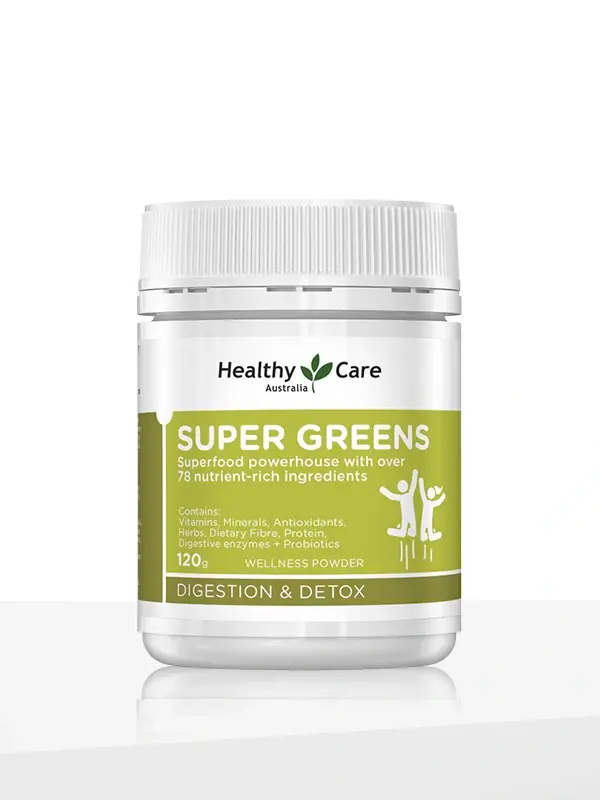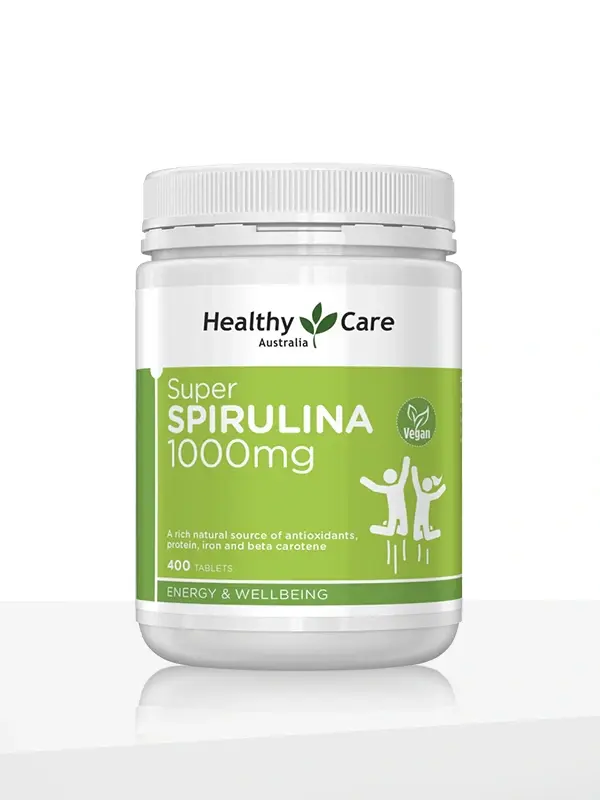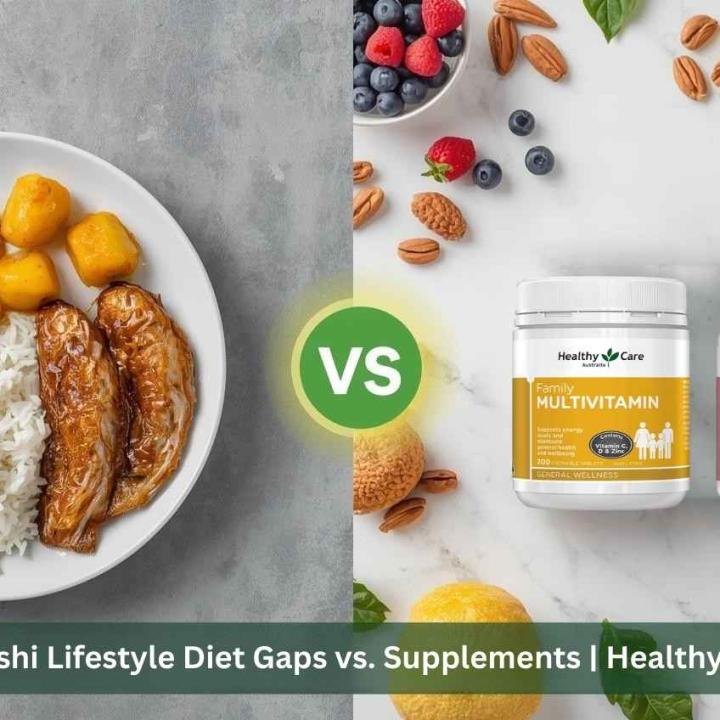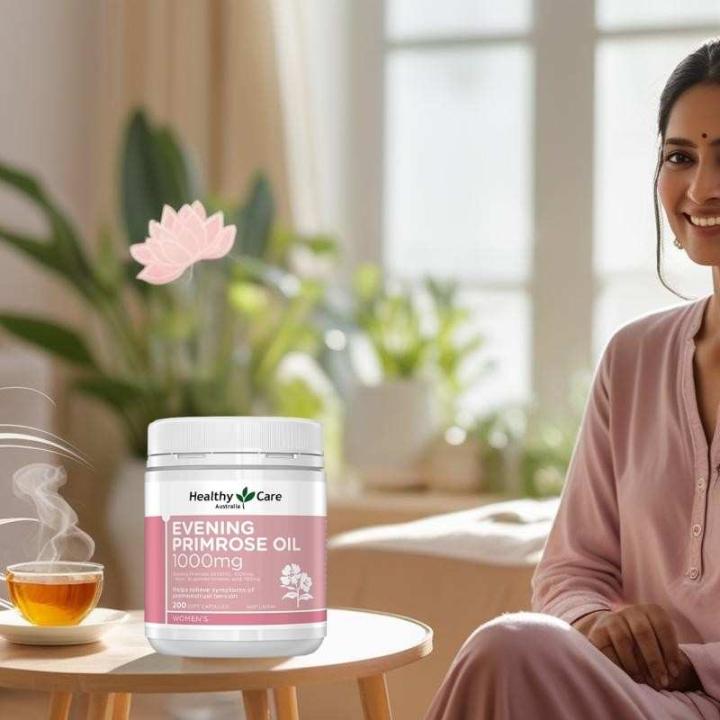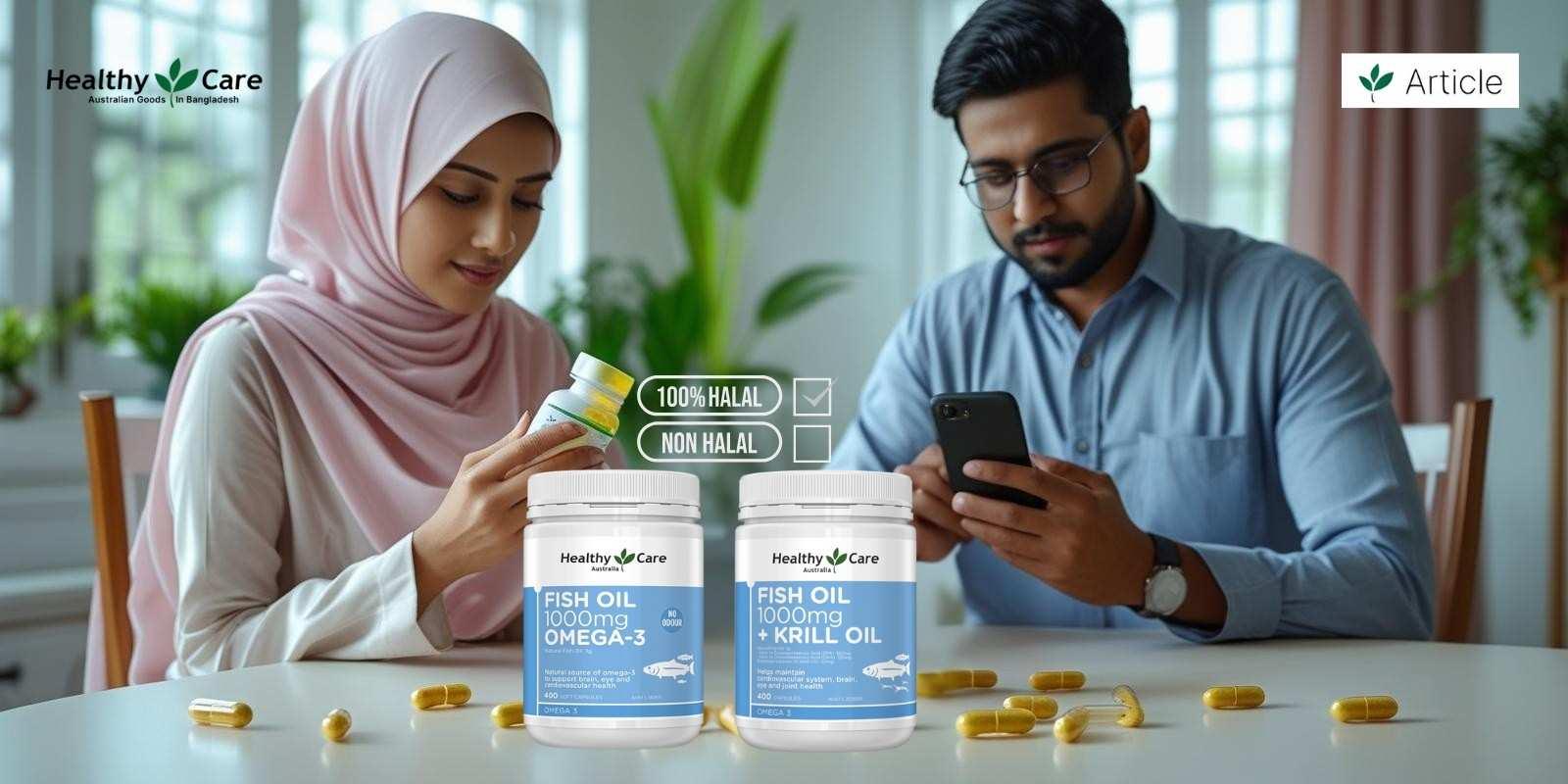
Are All Gelatin Capsules Haram? BD Supplement Facts
Written by: Farzana Rahman, MSc in Nutrition & Food Safety
Reviewed by: Dr. Md. Saifullah, MBBS, Clinical Nutrition Specialist
Introduction – Why the Question Matters in Bangladesh
In Bangladesh, where the majority of people are Muslim, halal compliance is essential when choosing supplements. One of the most common questions is:
👉 Are all gelatin capsules haram?
Since gelatin is widely used in supplement capsules, soft gels, and gummies, understanding its source is critical for halal-conscious consumers.
What is Gelatin in Supplements?
Gelatin is a gelling agent made by boiling animal parts (skin, bones, cartilage) to extract collagen. It is commonly used in:
- Capsule shells (hard & soft gels).
- Gummies and chewable vitamins.
- Coating for tablets.
Types of Gelatin – Halal or Haram?
Not all gelatin is haram; it depends on the animal source and how it was processed.
| Type of Gelatin | Source | Halal Status |
|---|---|---|
| Pork Gelatin | Pig bones/skin | ❌ Always haram |
| Bovine Gelatin (Non-Halal) | Cow skin/bones (not slaughtered halal) | ❌ Not halal |
| Halal Bovine Gelatin | Cow/buffalo skin/bones (slaughtered halal) | ✅ Halal |
| Fish Gelatin | Fish skin/scales | ✅ Halal (accepted by most scholars) |
| Plant-Based Capsules | Made from cellulose, starch, or pullulan | ✅ Halal & vegan |
Not all gelatin is haram. Halal-certified gelatin or plant-based alternatives are permissible.
Are Gelatin Capsules in Bangladesh Haram?
In Bangladesh, many imported supplements use bovine or pork gelatin. Since packaging often doesn’t mention the exact source, it becomes risky for halal-conscious consumers.
👉 That’s why brands like Healthy Care Australia are trusted — offering vegan and halal-certified supplements with clear labeling.
Halal Alternatives to Gelatin Capsules in Bangladesh
- Vegan Capsules: Made from plant cellulose (pullulan, HPMC).
- Fish Gelatin Capsules: Halal-friendly and widely accepted.
- Halal Bovine Gelatin: From halal-slaughtered animals.
💡 Many premium supplement brands, including Healthy Care, now use vegan or halal-certified capsules to ensure Muslims in BD can consume without doubt.
Trusted Halal Supplement Options in Bangladesh
Healthy Care Pure Vegan Omega 3-6-9 – 60 Capsules
- Algae-based omega, no fish or pork gelatin.
- Supports brain, skin, and heart health.
- 100% vegan, halal-friendly.
Healthy Care Pure Vegan CoQ10 150mg – 60 Capsules
- Plant-based, halal-safe antioxidant.
- Boosts energy & heart health.
- No animal gelatin.
Healthy Care Super Greens – 120g Powder
- Rich blend of spirulina, chlorella, kale, spinach, and wheatgrass.
- Daily detox, energy boost, and antioxidant support.
- 100% plant-based, vegan & halal-friendly.
Healthy Care Super Spirulina 1000mg – 400 Tablets
- Pure spirulina algae – a complete protein & superfood.
- Supports immunity, stamina, and natural energy.
- Vegan, halal-safe, and suitable for daily nutrition.
Which Halal Supplement is Right for You?
| Health Goal | Best Healthy Care Product | Why Choose It? |
|---|---|---|
| 🔋 Boost Daily Energy | Healthy Care Pure Vegan CoQ10 150mg | Supports heart health, reduces fatigue, and powers up cellular energy naturally. |
| 🧠 Brain & Heart Support | Healthy Care Pure Vegan Omega 3-6-9 | Algae-based DHA & EPA for sharper memory, healthy skin, and strong cardiovascular health. |
| 🌱 Detox & Vitality | Healthy Care Super Greens 120g | Packed with superfoods (spirulina, kale, wheatgrass) for detox, antioxidant defense, and natural energy. |
| 🛡️ Immunity & Stamina | Healthy Care Super Spirulina 1000mg | Pure spirulina tablets for immune support, protein boost, and long-term vitality. |
FAQs – Gelatin & Halal Supplements in Bangladesh
Are all gelatin capsules haram?
No. Pork gelatin is haram, but halal-certified bovine gelatin, fish gelatin, or vegan capsules are halal and permissible.
How do I know if my supplement capsule is halal?
Check the packaging for:
• 🕌 “Halal Certified” logo.
• 🌱 “Vegan/Plant-based capsule” label.
• Importer sticker & authenticity verification.
Are Healthy Care supplements halal in Bangladesh?
Yes. Healthy Care’s vegan and plant-based ranges (like CoQ10 and Omega 3-6-9) are halal-friendly and safe for Muslims in BD.
Can Muslims take fish gelatin capsules?
Yes. Fish gelatin is generally considered halal by Islamic scholars.
Conclusion – Know Before You Consume
Not all gelatin capsules are haram, it depends on the source and certification. For Muslims in Bangladesh:
- ❌ Avoid supplements with pork gelatin.
- ✅ Look for halal-certified, fish, or vegan capsules.
- ✅ Choose trusted brands like Healthy Care Australia for halal-safe assurance.
🌱 Halal nutrition is possible without compromise. Always verify before you buy.
Related Blogs
Disclaimer
This blog is for educational purposes only. Always check halal certification before purchase. Consult your doctor before starting new supplements, especially if you are pregnant, breastfeeding, or managing a medical condition.

